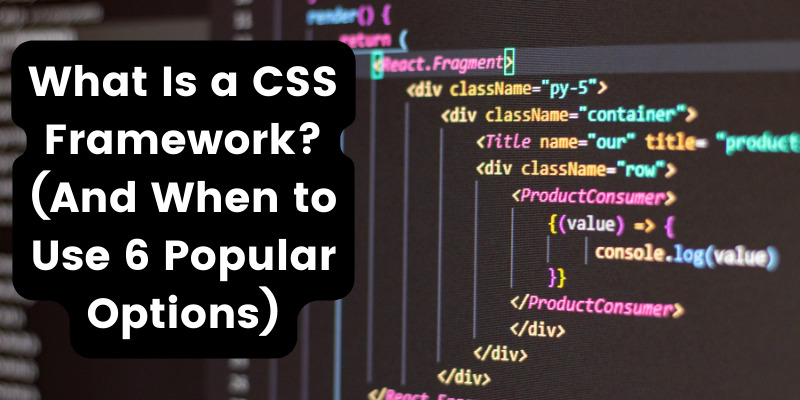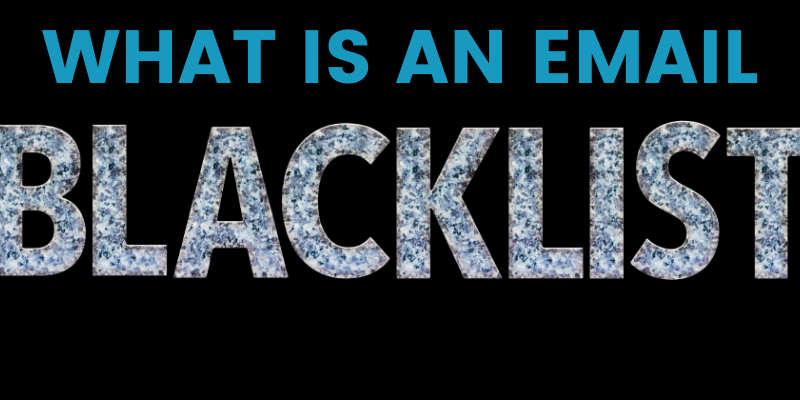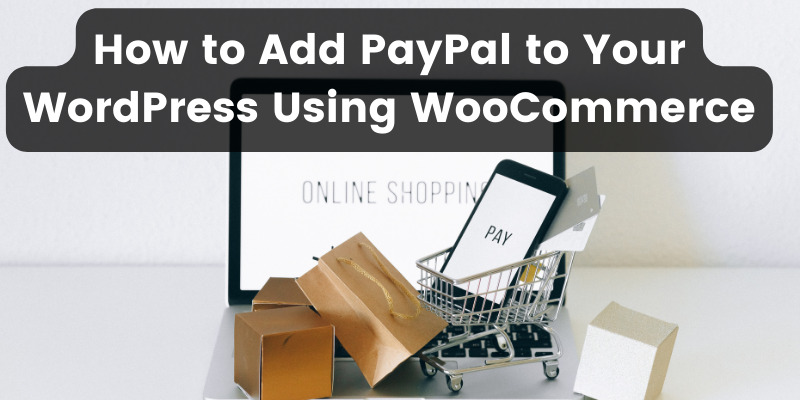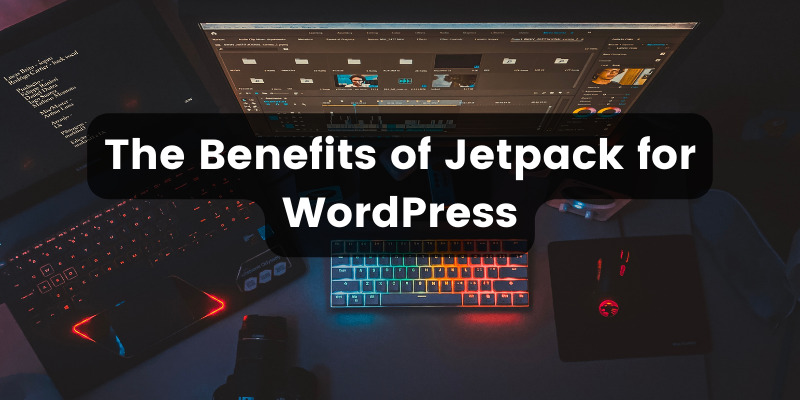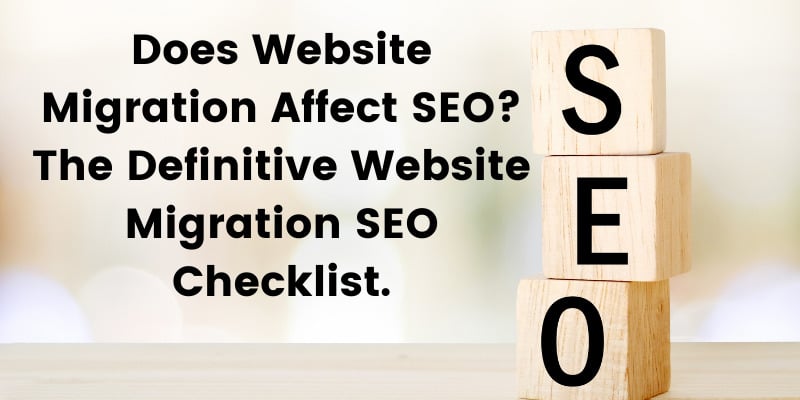- Sep 17, 2019
 0
0- by A2 Marketing Team
When deciding how to start a new blog, WordPress is often the first platform that comes to mind. After all, this popular Content Management System (CMS) was originally created for blogging. It’s still a strong option, but that doesn’t mean it’s always the best choice.
Depending on your needs, there are several WordPress alternatives that could be better suited to helping you meet your goals. For example, if you’re a blogging beginner, a website builder may be the perfect place to start. However, if you’re an advanced user looking to fully customize your blog, Drupal or Joomla might be the way to go.
In this article, we’ll begin by discussing some reasons WordPress isn’t always the best option for starting a new blog. Then we’ll outline several WordPress alternative platforms, along with the pros and cons of each one. Let’s get to it!
Why WordPress Is Not Always the Best Platform for Your Blog
Self-hosted WordPress is free, open-source software designed to help you build and manage a website. It’s one of the most popular blogging tools in the world, and with good reason. WordPress is very customizable, has a lot of community support, and is easy to get started with.
However, there are some potential downsides to using this platform, such as:
- The need for frequent updates and maintenance
- The complexity involved in having to find a theme and lots of plugins to get the features you want
- Limitations on how much you can customize the platform without coding knowledge
On top of that, WordPress can have a bit of a learning curve if you’re just starting out. If you’re not a web designer or developer, it may take some time before you’re comfortable with it.
Alternatively, advanced users might eventually find its options somewhat lacking. It’s an excellent middle ground, but that means it doesn’t completely serve the needs of those looking for a very simple or extremely flexible solution.
5 Best WordPress Alternatives for Starting a Blog
Which platform is ideal for you depends largely on your blog’s focus. With that in mind, let’s take a look at some alternatives to WordPress and why you might choose them.
1. MODX for Modular Blogging

First up, let’s look at MODX. This platform does not come standard with any sort of blogging software or cookie-cutter solution. Instead, MODX is a fully-featured CMS that gives you the ability to build your blog from the ground up.
Of course, a platform like this comes with some drawbacks. For instance, it has a high learning curve, especially if you’re not an experienced developer. This means that to get your blogging website up and running, you’ll need to put in the time required to build it and modify its design to meet your needs.
However, for those looking to build their site to their exact specifications, MODX may be the perfect choice. It starts at $19 per month, and enables you to create your blogging platform in a number of different ways.
2. ExpressionEngine for Designers

Another flexible option for creating your blogging website is ExpressionEngine. This CMS is a solid, all-in-one package. It enables you to design your blogging website in a variety of styles, and make use of a range of functionality.
What’s more, this platform is made for publishing multiple websites, either using different subdomains or across multiple domains. Of course, this is great if you’re trying to start a multi-blog site. It may be more than you need otherwise, however, and it does have a significant startup cost.
Overall, ExpressionEngine has a thoughtful and elegant design, featuring a clean and simple back end. A single license is available for a one-time payment of $299.
3. Ghost for Dedicated Bloggers

Next up, Ghost provides a more straightforward approach. It is an open-source CMS designed specifically for powering blogging websites. Furthermore, it’s easy to use and offers a minimalistic experience.
This stripped-down methodology extends not only to Ghost’s design, but also to its functionality. It enables you to create and edit posts, and little else. Therefore, if you’re looking to create a large, multi-author blog, a portfolio site, or a magazine, Ghost may not be your best option.
With that being said, this platform is easy to get started with and free. Plus, since it’s open-source software, you may be able to find the add-ons you need for increased functionality (or you can code them yourself).
4. Joomla for More Complex Blogs

Like WordPress, Joomla is a fully-featured CMS. With this platform you can build a blog that’s just about as complex as you want it to be. Its customization options are practically endless if you know HTML.
One of the pitfalls of Joomla, however, is that it may take some time to learn how it works. It’s a little less beginner-friendly than WordPress, but does offer more potential features. The best part is that you can design a unique website for free, although many themes and add-ons come with additional costs.
For anyone looking to feature a blog as a part of their larger website, Joomla is worth considering. In particular, business sites that use blogs for content marketing can go a long way with this platform.
5. Drupal for Developers

Finally, let’s take a look at Drupal. This is another CMS, but is even more complex and flexible than WordPress or Joomla. That makes it perfect if you want to tweak every element of your blog to meet your exact specifications. Drupal enables you to design your site to be as simple or as complex as you would like.
This customization, however, does come at a cost. You’ll be required to design a lot of your site from scratch, which is not an easy task for beginners. Drupal comes with a steep learning curve, even more so than Joomla. Still, it’s free and open-source software, so you don’t lose anything by giving it a try.
If you’re a web developer or designer and you want to start a blog, you’ll definitely want to take a look at Drupal. You’ll have complete design freedom, and can create something that doesn’t look like any other blog out there.
WordPress Alternatives Conclusion
It’s important to remember that WordPress is not the only fish in the sea. These days, there are many alternative blogging platforms to pick from. You have the freedom to choose the one that you like working with, and that best fits your needs.
While WordPress is a strong option, you’ll also want to consider these five alternatives when starting a new blog:
- MODX for modular blogging
- ExpressionEngine for designers
- Ghost for dedicated bloggers
- Joomla for more complex blogs
- Drupal for developers
Image credit: Henk Mohabier.

